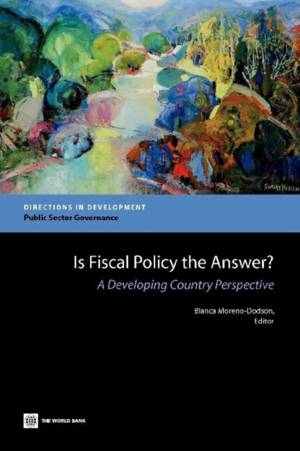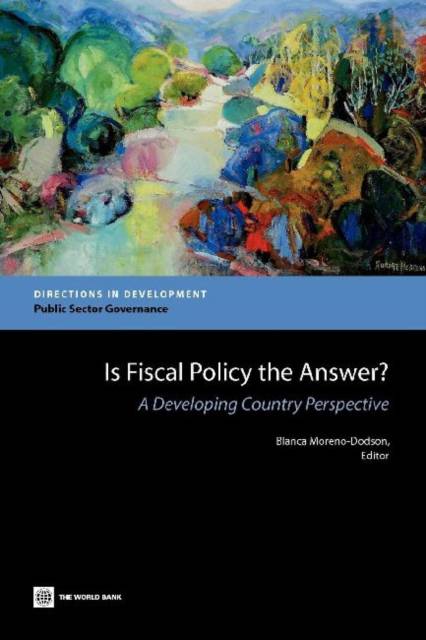
- Retrait gratuit dans votre magasin Club
- 7.000.000 titres dans notre catalogue
- Payer en toute sécurité
- Toujours un magasin près de chez vous
- Retrait gratuit dans votre magasin Club
- 7.000.0000 titres dans notre catalogue
- Payer en toute sécurité
- Toujours un magasin près de chez vous
Is Fiscal Policy the Answer?
A Developing Country Perspective
59,45 €
+ 118 points
Description
The global financial crisis has reignited interest in counter-cyclical fiscal policy as a critical instrument to provide immediate economic stimulus. But policy makers are also increasingly interested in how fiscal policy will impact growth and poverty over a longer run horizon, knowing that any quick responses to exogenous shocks also affect income generation and distribution. Those effects are less well known, however, and their dynamics still represent a challenge for many countries. In this book the authors explore methodological advances and new practices for fiscal policy implementation with a particular focus on developing countries.
Spécifications
Parties prenantes
- Editeur:
Contenu
- Nombre de pages :
- 260
- Langue:
- Anglais
- Collection :
Caractéristiques
- EAN:
- 9780821396308
- Date de parution :
- 01-10-12
- Format:
- Livre broché
- Format numérique:
- Trade paperback (VS)
- Dimensions :
- 152 mm x 229 mm
- Poids :
- 381 g

Les avis
Nous publions uniquement les avis qui respectent les conditions requises. Consultez nos conditions pour les avis.





